In the wake of the Harvey Weinstein revelations in 2017, other prominent men were outed as serial rapists, sexual harassers and sexual assailants. One of those men was Russell Simmons, millionaire CEO and co-founder of Def Jam. Simmons’ victims began coming out to tell their stories in the Hollywood Reporter and the New York Times and even Page Six. Many of Simmons’ victims were even brave enough to put their names to their stories: Jenny Lumet, Toni Sallie, Tina Baker, Drew Dixon, Keri Claussen Khalighi and Kelly Cutrone all gave statements and interviews. I still believe all of their stories and I applaud them for their bravery.
Filmmakers Amy Ziering and Kirby Dick are currently making a documentary about Russell Simmons and his victims. The idea behind it was for a well-produced Surviving R. Kelly-type of platform for Simmons’ victims to tell their stories on-camera. Oprah was the executive producer on it, her attachment was widely promoted and she gave the documentary so much legitimacy. But Oprah got so much sh-t for it, with 50 Cent and even Russell himself publicly attacking her for producing the documentary. So she withdrew her name from it. The New York Times did an in-depth piece about what went down:
For months, the filmmakers Kirby Dick and Amy Ziering had a pair of dream partners: Oprah Winfrey and Apple, who had committed to back their documentary about women who have accused the hip-hop mogul Russell Simmons of sexual misconduct. Booked for the Sundance Film Festival and Apple’s new streaming platform, the film was primed to be the next high-profile media moment of the #MeToo era. Then the film’s future was abruptly cast into doubt last week after Ms. Winfrey withdrew as executive producer and pulled it from Apple, citing creative differences with the directors and suggesting that the picture was being rushed to Sundance “before I believe it is complete.”
But what preceded Ms. Winfrey’s announcement was more than just a dispute over filmmaking. It involved an intense campaign by Mr. Simmons and his supporters to get Ms. Winfrey to pull the plug. That campaign also targeted some of the women in the film on social media and, in at least one case, through direct contact with a family member, in what the women viewed as attempts to threaten and intimidate them ahead of the film’s premiere at Sundance, still scheduled for Jan. 25.
Ms. Winfrey acknowledged to The New York Times that Mr. Simmons had tried to get her to abandon the project. “He did reach out multiple times and attempted to pressure me,” Ms. Winfrey said. She said he told her that the woman at the center of the film, Drew Dixon, was lying about their interactions. In addition, Ms. Winfrey said, she received phone calls from other people, whom she would not identify, who also questioned Ms. Dixon’s credibility.
Ms. Winfrey said that she still believed Ms. Dixon, though she also thought there were inconsistencies in her account that the film had not adequately addressed, in addition to other issues she had with the film. (The filmmakers say they have voluminous research files corroborating all the women’s accounts.) Ms. Winfrey said it was those reasons, and not Mr. Simmons’s protestations, that led her to pull support.
“I told him directly in a phone call that I will not be pressured either into, or out of, backing this film,” she said. “I am only going to do what I believe to be the right thing.”
But it was clear that Ms. Winfrey, according to people involved in internal conversations around the film, was struggling over what to do, especially since she had appeared supportive of the movie before Mr. Simmons began pushing back against it. She was aware of the message she might send by backing out, given her reputation as a role model for African-American women and as one of America’s most trusted voices of moral authority. Ms. Winfrey has spoken openly over the years of being a sexual abuse survivor herself.
Her enormous following had made her appealing to Apple as it competed with other streaming services in attracting big names to deliver original content; Netflix had already enlisted the new production company started by Barack and Michelle Obama, as well as a series of accomplished producers. The film about Mr. Simmons’s accusers, titled “On the Record,” was to be Ms. Winfrey’s debut project with Apple.
The NYT has much more in that piece, including quotes from Drew Dixon, one of Simmons’ victims. Dixon says she feels hurt and abandoned, and she and other people are deeply concerned about the message Oprah’s withdrawal sends, which is that black women are held to different standards when trying to tell their stories of rape and abuse, that “believe women” is only for white women. I do think Oprah made a bad call here, and while she takes pains to say that she wasn’t intimidated by Russell Simmons and his minions, I just feel like… she made the wrong choice, she went too far into both-sides-ism.
Photos courtesy of WENN, Backgrid.

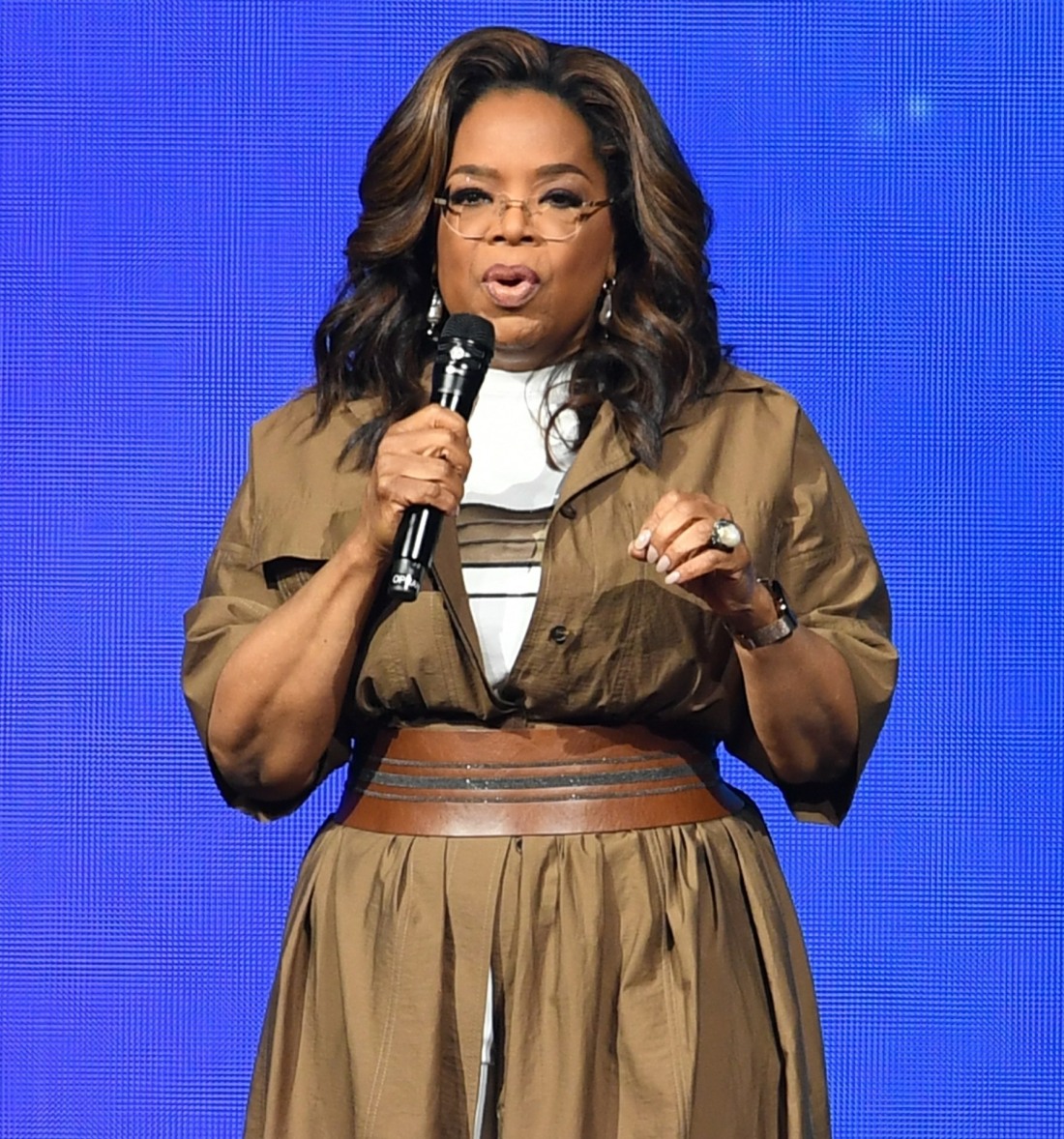
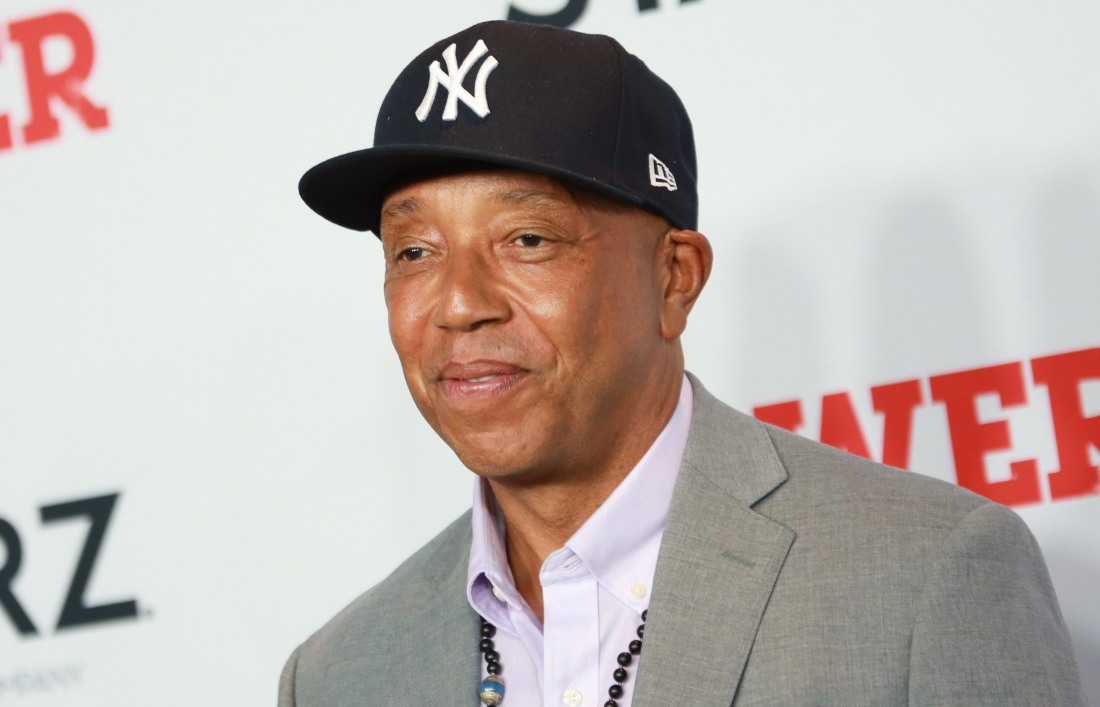
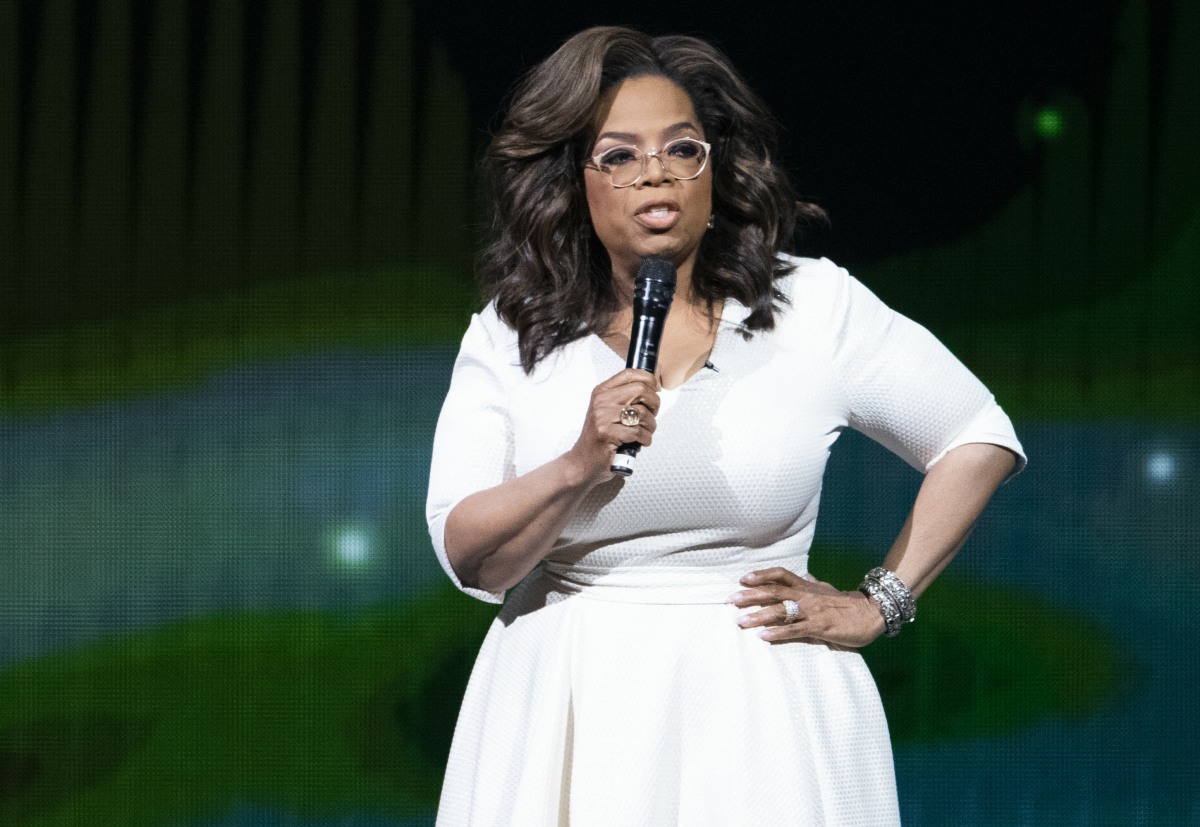
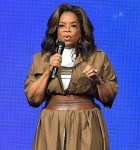
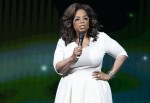


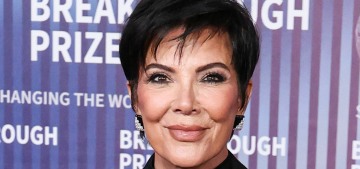
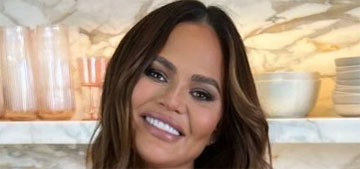
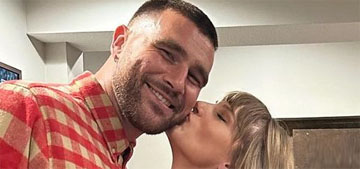
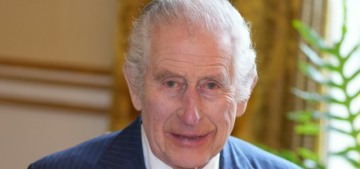





This is just…deplorable…..ESPECIALLY Oprah’s actions….
Agree. This is heartbreaking.
When John Legend admitted he was getting it from both ends for his involvement with Surviving R. Kelly, he straight up said IDGAF and he is nowhere near as powerful as Oprah.
This saddens me. If only she put this much determination in telling off 50 Cent and Russell Simmons than she did James Frey when he played her for a fool we would not be having this conversation.
You said it all Tiffany! Totally agree.
Not a good move on her part……paints Oprah as weak and owned by men…..
I’m not happy that Oprah dropped out. I think it gives credence to the “if we put pressure on people not to talk or draw attention to an issue we can continue raping black women. We know Russel Simmons is a rapist, and I think someone needs to do this movie because I hate the fact that he’s getting away with this. Again.
This is really sad. Haven’t we learned that powerful men like Simmons and Cosby and Weinstein and R Kelly and Space will absolutely stoop to the lowest level to prevent their stories from coming to light, including harassment and intimidation, spying, gaslighting, and so much more? Haven’t we learned there is no such thing as a perfect victim and patriarchy will do its best to discredit victims every time? If Oprah, with her BILLIONS and all her power, will not stand for these women, many of whom are black and face a higher burden of racism and misogynoir, then who will? This is suspect af she dropped out so last minute. I can’t believe she didnt know the whole story and all the issues at the start.
I’m disappointed but glad they are still moving forward with this documentary. Black men (and white women) are alike in that they can be the oppressor and the oppressed (see the criticism by a black man and white woman about Blue Ivy’s looks) There is a double standard when it comes to black women telling our stories of sexual harassment and assault. Oprah was in a no win situation because of the criticism she received for not going after white men as well which is just dumb and another tactic used by black men to intimidate black women and imply we are not “loyal”. Calling out A black man for assaulting women is not an indictment on all black men.
I was also annoyed that the “controversy” of her involvement was overshadowing the victims’ stories.
I’m hoping this documentary will have the same effect that the R Kelly documentary did.
This comment is so on point & such a good point that people who are oppressed in one situation, can also be the oppressor in other situations. This reminds me of a quote by Chance The Rapper:
“The truth is any of us who ever ignored the R Kelly stories, or ever believed he was being setup/attacked by the system (as Black men often are) were doing so at the detriment of Black women and girls. I apologize to all of his survivors for working with him and for taking this long to speak out.”
I’m sad that she dropped out… SO MANY people were trashing her because they thought that she had some agenda to go after black men and ignore white abusers. Frustrating.
It wasn’t the color of the victims that caused ire, but the color of the oppressors. The items I read wanted to know when non white oppressors would have documentaries with her support.
I don’t know who Russell Simmons may have for support, I just don’t see him alone, being able to pressure O.
The war against women is real…ALL women. We need to stand together, period
Idk what to make of this exactly. I don’t like jumping to the conclusion that Oprah caved to pressure bc I don’t think that’s consistent with what we know about Oprah as an advocate and a survivor herself. Oprah was a journalist before she was “oprah.” So it is plausible to me that she didn’t feel like the film met her journalistic standards as is and didn’t agree with rushing it to the festivals without fixing that, and didn’t want her name on something that didn’t meet her standards. That doesn’t mean she doesn’t believe the victims or that she caved to pressure by Simmons exactly.
Bad decision, Oprah. Very bad! Shame on you!!! It pobably doesn’t matter much to her, but I am officially not going to watch the OWN channel any more.
It sucks that Oprah is getting more criticism here than the actual perpetrator. Focus on that.